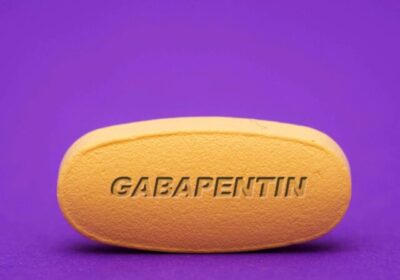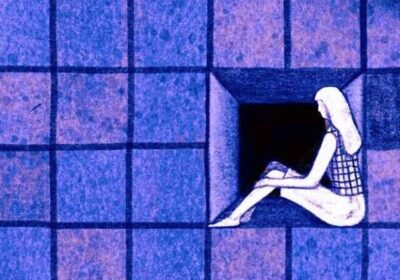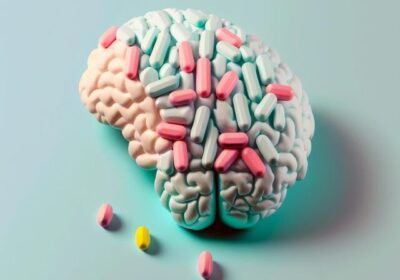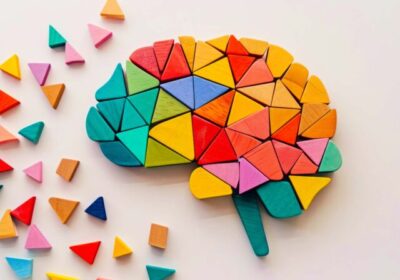August 2019 Newsletter
Mothers Are Dying. Mental Health Providers Can Help.
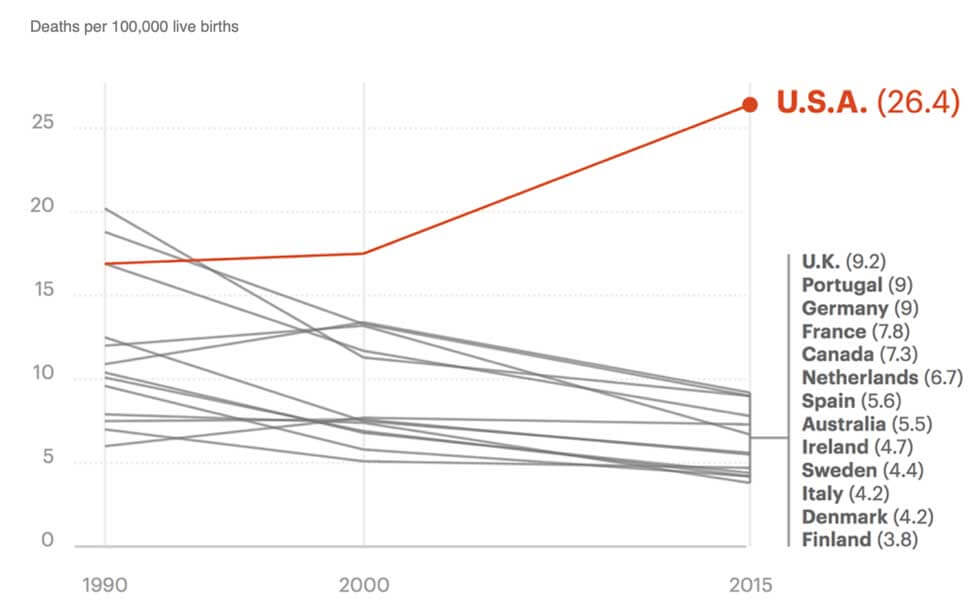
“Global, regional, and national levels of maternal mortality, 1990–2015: a systematic analysis for the Global Burden of Disease Study 2015,” The Lancet.
Last Tuesday, Melinda Gates launched her viral campaign, Equality Can’t Wait, in the hopes of shortening the timeline to gender parity in the United States.
With endorsements from celebrities and politicians alike, her new campaign is based on the latest Global Gender Gap Report which predicted that at our current rate, Americans will take 208 years to achieve gender equality.
Women’s health and survival rates comprise one of four categories used to assess gender-based disparity.
The current state of women’s health in the U.S. is life-threatening:
- More women are dying of pregnancy-related complications in the U.S. than any other developed country
- Of all medical complications affecting women during pregnancy, perinatal mood and anxiety disorders are the most common
- Suicide is a leading cause of perinatal maternal death
Mental Health Providers Can Help:
Understand root causes
Addressing barriers to maternal mental healthcare access is essential to an equitable future. Stigma, poor awareness, and teratogenic psychiatric medications make mental health treatment decisions for pregnant and breastfeeding women complex. Growing evidence suggests this complexity leads to treatment avoidance.
However, increased patient and provider education about nonpharmacologic treatment options for depression during pregnancy and breast-feeding may help reduce barriers to maternal mental healthcare access and utilization.
Educate yourself and others
In addition to standard mood disorder medications and therapies, repetitive transcranial magnetic stimulation (rTMS) is an effective, non-systemic and non-invasive treatment option for depression. Although rTMS is not FDA indicated for use during pregnancy, current evidence of rTMS for depression during pregnancy is encouraging.
rTMS, applied during the 2nd and 3rd trimesters of pregnancy, does not appear to cause any adverse birth outcomes. In sham controlled TMS studies conducted during pregnancy, no differences in cognitive or motor development between infants in active and control groups have been reported.
Start the conversation
Gender equality can start with a conversation, and this tool can help. rTMS is a promising treatment option for perinatal mood disorders and could significantly improve access and utilization of essential maternal mental health services during an important time for women and their families.
Believe it or Not!?
Health Hystory
Hippocrates, after observing what he described as the dreaded female ailment of excessive emotion, postulated that it must be caused by a displaced or “wandering uterus”. We’ve heard of a wandering eye, but this?
He named the ailment ‘hysteria’ after the Greek word, hysterika, or ‘uterus’. It’s root word, hyster-, can be found in many words used today. Isn’t that hysterical?
An Exclusive Q&A with Dr. Martha Koo, M.D.:
-
Are there any medical risks associated with untreated mood disorders during pregnancy?
On one hand, the choice to receive medical treatment during pregnancy is always a challenging decision for expectant parents.
On the other hand, we know that untreated depression during pregnancy is a risk for pre-term birth and low birth weight. Research also demonstrates that pregnant women with depression are at higher risk for poor self-care, pre-eclampsia, postpartum depression and suicidality.
Longitudinal studies document that maternal depression affects childhood development, leaving children vulnerable to cognitive, behavioral and emotional difficulties.
-
Why is maternal mental health such a challenging problem to tackle?
Mental health, in general, is challenging medically as there remains significant stigma in society surrounding mental illness. Maternal mental health is up against the additional societal idealization of motherhood– that women should be glowing during pregnancy and thrilled after birth.
This idealization contributes to the shame and secrecy I encounter in women struggling with depression and anxiety during pregnancy and postpartum. As society and providers become more educated, I hope stigma will diminish and access to treatment will improve.
-
What has been your experience treating pregnant women with rTMS?
At the Neuro Wellness Spa, I’ve had the privilege of treating many women during their pregnancies. It’s been surprising how supportive of rTMS their treating obstetricians have been.
Similar to what has been documented in clinical studies, none of my patients suffered any adverse maternal or infant outcomes, and all experienced mood improvement and reduced anxiety.
Where We’ve Been…

Mental Health Meetup at Tin Roof Bistro
From left to right: Marina Braff, LMFT, Jenny Moon, LCSW, Dr. Jillian Pexa, PsyD, Dr. Nazanin Moali, PhD, and Kathleen Ballue, Clinical Outreach for Discovery Mood & Anxiety Program

Perinatal Mental Health Brunch at Crème de la Crepe
From left to right: Abby Withee, LMFT, Christina Kalzadilla, LMFT, Dr. Martha Koo, M.D., Bryana Kappa, LMFT, Vi Ballard, LMFT, Evy Jacobson, AMFT, Marina Braff, LMFT, and Emily Pedersen, MPH, M.S.Ed
…Where We’re Going
2nd International Conference on Addiction Therapy & Clinical Reports
When : August 22-23, 2019
Where : Barcelona, Spain
What : Martha Koo, M.D. is a plenary speaker and will be giving a presentation on transcranial magnetic stimulation in the treatment of addiction.
We’re more than a newsletter. We give tours, offer consultations and can even speak at your event.


